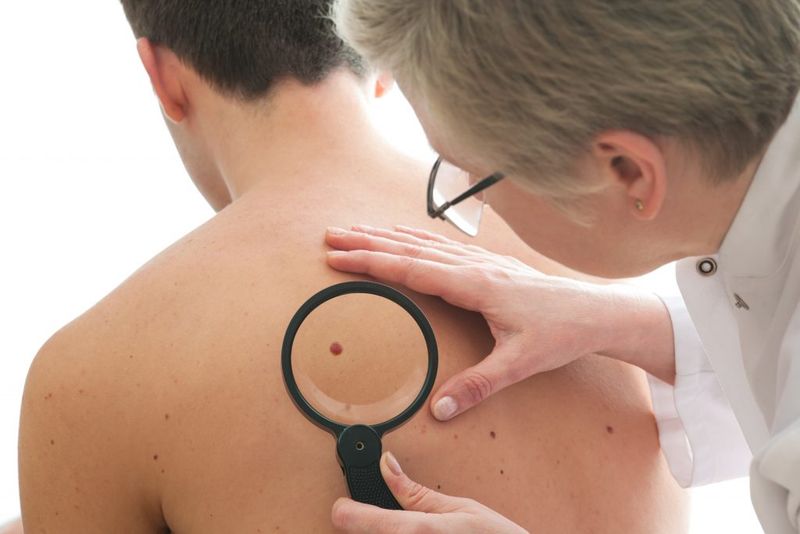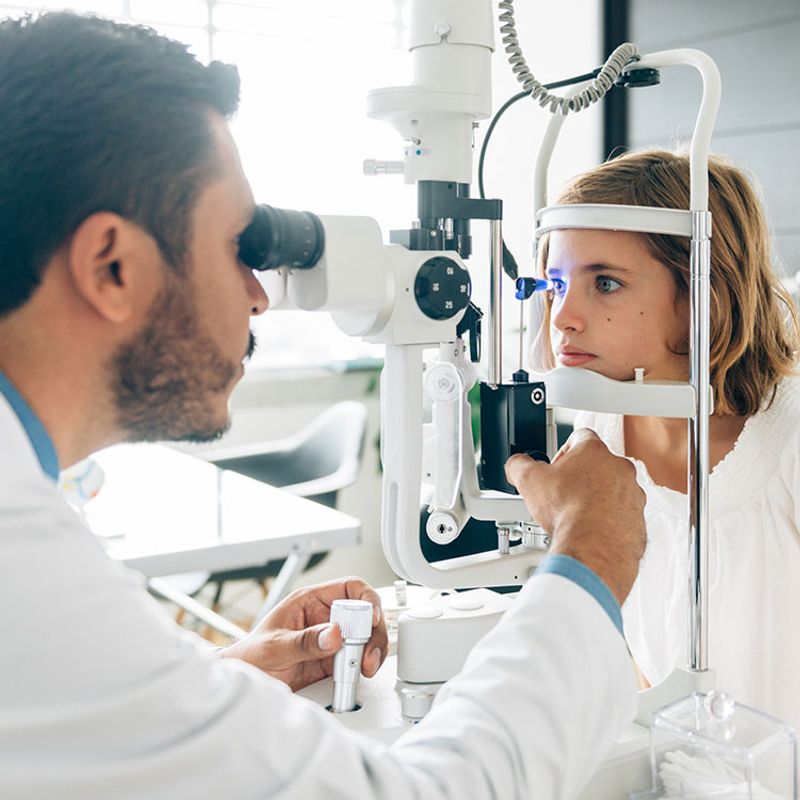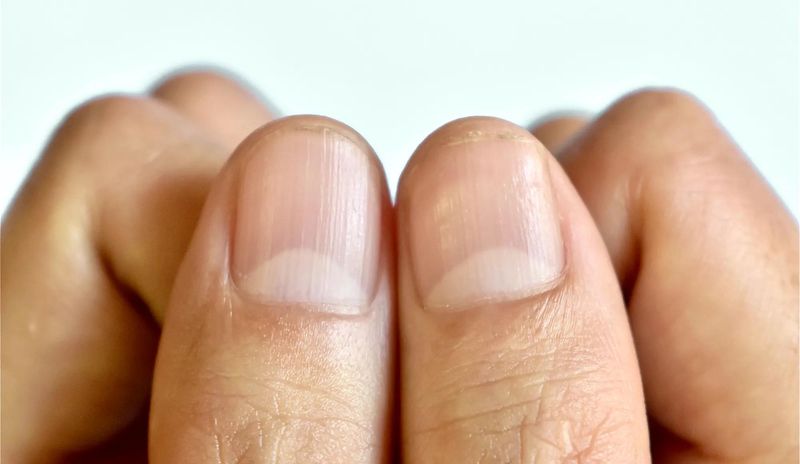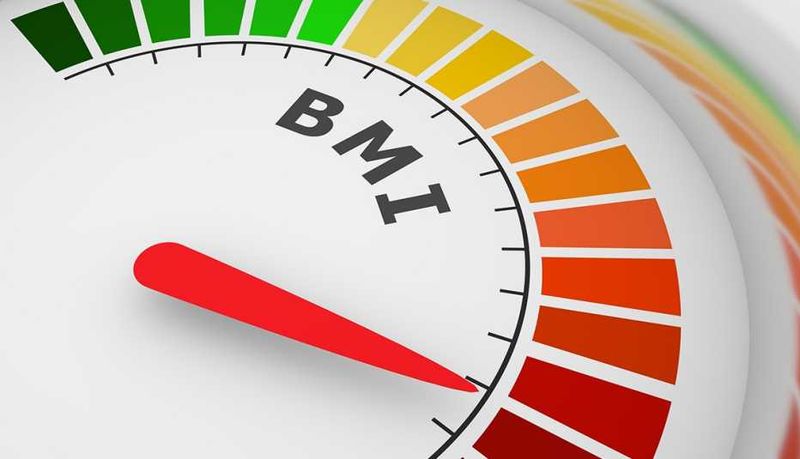Doctors are trained to notice subtle signs that can indicate a lot about your health and lifespan. Within the first 30 seconds of meeting a patient, they gather clues that can form a picture of their overall well-being. Let’s explore the 15 key observations doctors use to predict your health and longevity.
1. Handshake Firmness

A firm handshake can speak volumes about your health. It often signals strong heart health and muscle strength. In contrast, a weak handshake may hint at potential cardiovascular issues or reduced muscle mass.
Doctors use this simple gesture as a quick measure of your vitality and overall physical condition. It’s not just about grip but also about energy levels and confidence.
Medical studies suggest that individuals with a firm handshake tend to live longer, healthier lives. It’s a telltale sign that doctors can quickly assess in their initial interaction with you.
2. Skin Appearance

The skin is a window to your health, reflecting both internal and external well-being. A doctor may notice the skin’s texture, color, and elasticity during a brief glance.
Healthy, glowing skin often indicates proper hydration, nutrition, and lack of stress. Conversely, pale or patchy skin could hint at underlying conditions like anemia or malnutrition.
Doctors use this quick assessment to gauge overall health, as skin disorders can be early indicators of more serious health issues. A rapid check on your skin can offer insights into your lifestyle and potential longevity.
3. Posture

Posture offers a silent insight into your body’s structural integrity. Doctors quickly assess how you sit or stand, revealing your musculoskeletal health. Good posture signals strong core muscles and spine health, key indicators of longevity.
Poor posture might indicate potential issues with bones or muscles, which could lead to chronic pain or conditions affecting life quality.
A quick look at your posture can help doctors predict potential health challenges and give clues about your physical activity levels. Straight and aligned, or slumped and misaligned, your posture tells a story.
4. Eye Clarity

Bright, clear eyes are often a sign of good health and vitality. Doctors observe eye clarity to assess hydration levels, sleep quality, and even emotional state.
Dull, bloodshot eyes might suggest fatigue, stress, or an underlying illness that might affect lifespan.
Through a brief gaze, doctors can detect symptoms like jaundice or anemia, which manifest in the eyes. This quick assessment can provide valuable information about your overall health status, including possible vitamin deficiencies or infections.
5. Breathing Pattern

Your breathing pattern is a critical indicator of respiratory and cardiovascular health. A doctor listens to your breath’s rhythm, depth, and sound for early signs of potential issues.
Deep, even breaths usually indicate a healthy respiratory system, while shallow or irregular breathing might point to stress or respiratory conditions.
This quick observation can help in identifying conditions like asthma, anxiety, or heart problems. Understanding your breathing pattern helps doctors assess your oxygenation and cardiovascular efficiency crucial for determining overall health and longevity.
6. Voice Tone

Your voice can reveal a lot about your health. Doctors pay attention to its tone, strength, and pitch, which can indicate respiratory or vocal cord health.
A strong, clear voice usually signals good respiratory health, while a hoarse or weak tone might suggest issues like vocal strain or respiratory infections.
In just a few words, a doctor can gauge stress levels, fatigue, or even thyroid issues. The tone of your voice offers subtle clues about your well-being, aiding in the early detection of potential health concerns that might affect your longevity.
7. Gait and Movement

The way you move can reveal much about your physical health and energy levels. Doctors observe your gait, looking for fluidity and balance.
A smooth, steady walk usually indicates good health and coordination, while an unsteady gait might suggest balance issues or joint problems.
Your movement patterns can reflect underlying issues like arthritis or neurological conditions. Through a brief observation, doctors can predict potential fall risks or mobility challenges, offering insights into your physical fitness and overall health that contribute to lifespan predictions.
8. Facial Expressions

Facial expressions can provide a glimpse into your emotional and mental state. Doctors quickly notice if your expressions are varied and genuine, reflecting emotional health.
A lack of expression might suggest depression or neurological issues, while lively expressions indicate good mental health.
Through casual conversation, doctors assess these cues to understand your stress levels and emotional well-being. Your face can silently convey significant health information, helping doctors make quick assessments about your mental health and its impact on your overall longevity.
9. Body Odor

Body odor, though subtle, can communicate health indicators. Doctors might notice unusual scents that can hint at metabolic or dietary issues.
A distinct body odor might suggest poor hygiene, diet imbalances, or even medical conditions like diabetes or liver disorders.
Quickly picking up on these scents, doctors can identify potential health concerns. This sensory cue, often overlooked, provides insights into your internal health processes, highlighting issues that might affect your lifespan. It’s a fleeting yet significant observation in the initial moments of a consultation.
10. Speech Patterns

Speech patterns offer insight into cognitive and neurological health. Doctors listen to the rhythm, pace, and coherence of your speech, looking for signs of cognitive decline or stress.
Clear, coherent speech indicates good cognitive function, while hesitations or slurred speech could suggest neurological issues or fatigue.
In those first few exchanges, a doctor can assess your mental clarity and emotional state. This quick evaluation helps in identifying early signs of cognitive disorders, contributing to a better understanding of your potential health trajectory and lifespan.
11. Nail Condition

The condition of your nails can reveal underlying health issues. Doctors examine the color, texture, and strength of your nails to assess your overall health.
Healthy nails are typically strong and smooth, while brittle or discolored nails could indicate nutritional deficiencies or systemic diseases.
By quickly assessing the nails, doctors can detect signs of conditions like anemia, thyroid problems, or even skin disorders. This subtle yet informative observation contributes to understanding your health status and provides clues about your longevity during an initial medical assessment.
12. Mood and Energy Level

Your mood and energy levels are telling signs of your emotional and physical health. Doctors notice your demeanor and enthusiasm in conversation.
A positive, energetic presence suggests good mental and physical health, while lethargy or irritability might indicate stress or mood disorders.
These observations help doctors assess your psychological health and its impact on your physical state. The mood you project can quickly inform a doctor about potential mental health concerns or stress-related conditions that might influence your lifespan.
13. Teeth and Gum Health

Oral health is a mirror of overall health. Doctors briefly examine your teeth and gums, as they can reflect broader health issues.
Healthy teeth and gums indicate good hygiene and nutrition, while gum inflammation or tooth decay might suggest poor diet or chronic conditions.
Quick checks on oral health help doctors identify potential risk factors for serious illnesses, such as heart disease or diabetes. This initial assessment is a crucial step in understanding your general health and predicting longevity, based on the status of your oral hygiene.
14. Body Mass Index

Your body mass index (BMI) provides a snapshot of your weight relative to height, offering insights into your risk of conditions like heart disease or diabetes.
Doctors quickly estimate BMI to assess if you are underweight, normal, or overweight. A balanced BMI often correlates with better health outcomes and longevity, while extremes might suggest health challenges.
This rapid assessment aids doctors in understanding your nutritional status and potential health risks, offering a glimpse into the overall wellness picture during a brief consultation.
15. Hair Condition

Your hair condition can reflect your nutritional status and stress levels. Doctors might notice its texture, volume, and shine while talking to you.
Healthy, vibrant hair suggests good nutrition and low stress, while thinning or brittle hair might indicate deficiencies or health issues.
This quick observation provides doctors with clues about your metabolic health and hormonal balance, offering insights into your overall health and lifespan. Hair, often considered a beauty feature, becomes an essential health marker in a medical setting.
Hi all, I am Sidney, an accountant, a hobbyist photographer, and a mother to two sweet girls who are my motivation. I love sharing the tips and tricks I gained all these years I’ve been a mother. I hope it will help you!

